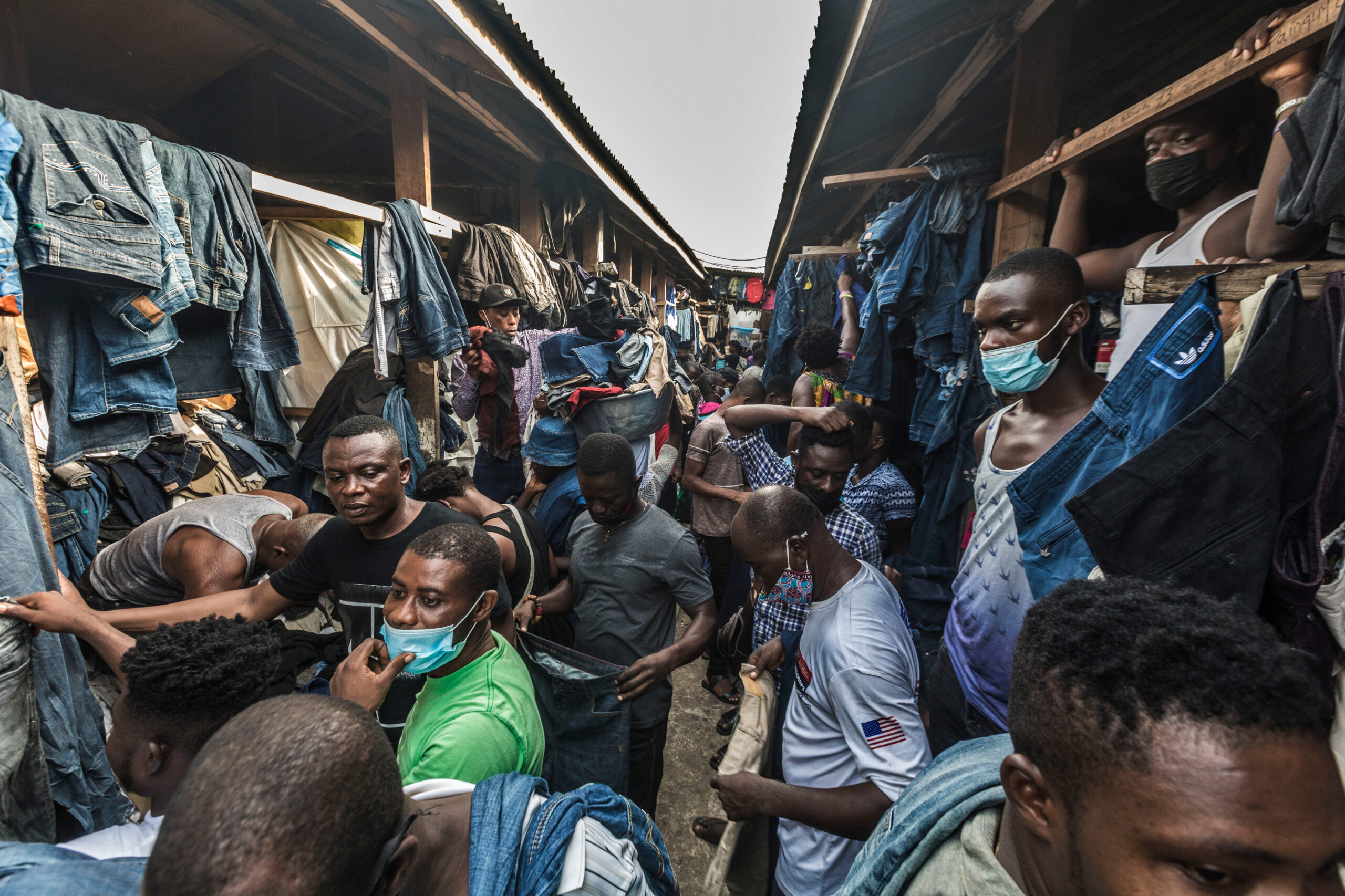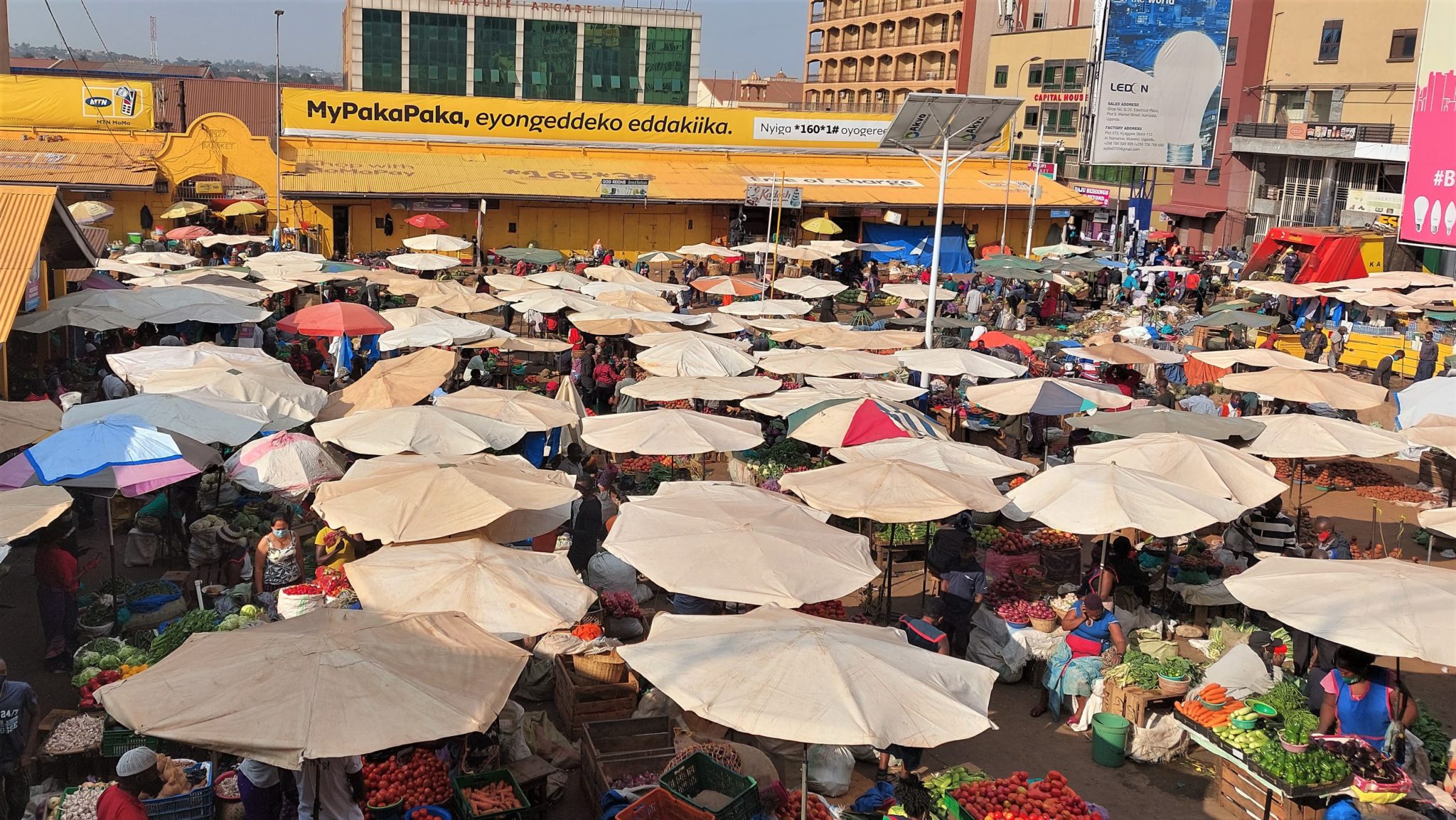PEP researchers from Nigeria and Pakistan show how recovery measures must include the poorest population groups.
Grappling with an unforeseen crisis
As the world grappled with the Covid-19 crisis, governments quickly implemented emergency response efforts. Facing an unprecedented global crisis, many officials were uncertain if their rapid response strategies would be effective, or how to support the low-income populations who do not have protections against shocks such as falling employment rates and rising food prices.
PEP mobilised project teams to provide evidence supporting inclusive recovery policies and their results will soon be published. Researchers from Nigeria and Pakistan shared their recommendations for equitable national crisis response policies during a PEP webinar on “The fiscal policy implications of Covid-19 crisis-relief and recovery strategies” (watch the video).
The importance of addressing inequality
Despite the many differences between the countries, Prof. Adeola Adenikinju, from the project team in Nigeria and Dr. Saira Ahmed, the leader of the team in Pakistan, agreed: to create fair policies, it is vital to address economic inequality.
“It was very clear [from our research in Nigeria] that what the government was doing was good, but it was not sustainable without finding a way of addressing the income gap,” explained Prof. Adenikinju, whose team analysed the gendered impacts of the government’s response policies and how to finance economic recovery from the crisis.
The Nigerian government distributed emergency funds through the Rapid Response Registration Cash Transfer Project and restored its commitment to alleviating poverty in the region.
Similarly in Pakistan, where lockdowns hampered economic growth and employment rates fell, the government implemented several emergency interventions. These interventions included allocating cash assistance to households through the Ehsaan programme.
Dr. Ahmed insisted that officials need to know what policies most effectively meet the needs of low-income communities to ensure an effective recovery from the Covid-19 pandemic.
“To inform the decision-making related to fiscal challenges [of the Covid-19 crisis] governments need to perform sensitivity analysis around what specific relief will be more important for those around the poverty line,” she said.
The challenges of informality
Nigeria and Pakistan present particular challenges for policymakers because many people who live below the poverty line work in the informal sector, which isn’t taxed or monitored by the government. As a result, it is difficult for workers in the informal sector to access social safety nets or be accounted for in emergency policies.
“[Governments] need to work on documenting the economy. There's so much of informal work going on, there's cottage industry, people working from their houses,” said Dr. Ahmed, whose team studied how tax policy and administration can help the economy recover after the pandemic.
“The failure of implementation [of effective policies] arises because of weak documentation. We still don't have many industries in the tax net, and we need to broaden the tax base,” she said.
Developing better systems for documenting the informal sector should also be a priority for Nigeria. Prof. Adenikinju explained that the pandemic had a disproportionate impact on the informal and agricultural sectors, in which women are overrepresented. Yet inefficient approaches were taken to distribute cash among the poor, including cash being physically handed out in street markets.
Some research-based recommendations
According to Prof. Adenikinju, the Covid-19 crisis was not the only challenge to consider in Nigeria. Having experienced a slow recovery from a recession in 2016 and with “one of the lowest” GDPs in the world, he explained that it was imperative for policymakers to know how to finance recovery efforts, mitigate the economic shocks of the Covid-19 crisis and understand the best methods of intervention.
His team’s research shows that the government needs to diversify their sources of expenditures to minimise the impact of budget cuts on vulnerable groups, and enhance vaccination efforts in vulnerable sectors as part of recovery efforts.
Meanwhile, Dr. Ahmed detailed how reducing consumer prices and providing tax relief for the manufacturing sector could offer the highest gains in real GDP and improve consumer welfare.
IMPACT: Informing policies for more inclusive recovery
The findings from both projects are already informing policy decisions. Prof. Adenikinju credited his team for influencing some of the policy changes that the Nigerian government has implemented. These policy changes include reducing the dependence on oil exports to finance the national budget and the move by local governments to earmark funds for acquiring vaccines and facilitating vaccinations.
Dr. Ahmed pointed out several policies in the federal budget in Pakistan that were directly informed by her team’s findings. These included prompting the Federal Board of Revenue to revisit the design of indirect taxes and demonstrating the need to extend Covid-19 tax relief schemes until the following fiscal year.
She explained how the research team in Pakistan worked closely with the Ministry of Planning Development & Special Initiatives, The Ministry of Commerce, as well as the Federal Board of Revenue, to help design what she described as “a fair and just” tax code.
Discussing lessons on inclusive Covid-19 crisis policy responses
The webinar on The fiscal policy implications of Covid-19 crisis-relief and recovery strategies was held as part of a series of online events to share and discuss findings from the IDRC-funded Covid-19 Responses for Equity (CORE) initiative. Under the CORE initiative, PEP project teams in 11 developing countries (Nigeria, Pakistan, Argentina, Benin, Côte d’Ivoire, Ecuador, Ghana, Kenya, Ethiopia, Vietnam, and Zimbabwe) studied current and future policies to promote more inclusive policy responses to the Covid-19 pandemic.
Through this initiative, local PEP researchers provided their national governments with rapid evaluations of the effectiveness of their crisis response policies and recommendations for how to better reach vulnerable population groups.
Watch this roundtable discussion hosted by PEP to find out more about the findings from Pakistan and Nigeria. Dr. Ahmed and Prof. Adenikinju detail the impact of their projects on national policies and share their thoughts on whether the lessons learned through the pandemic provide opportunities to improve fiscal policy management for each country’s most vulnerable populations.
This news item was first published on the PEP website.

